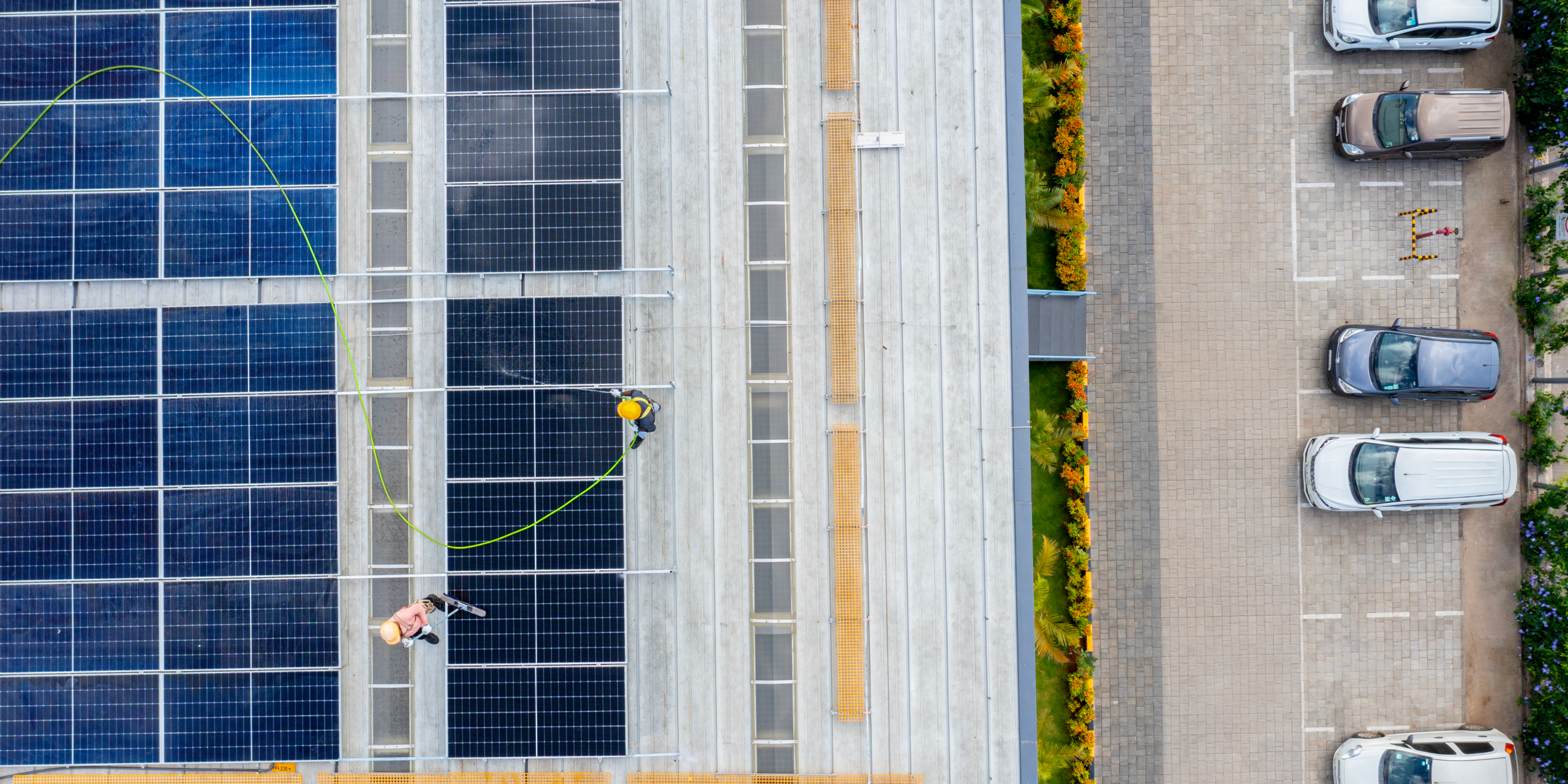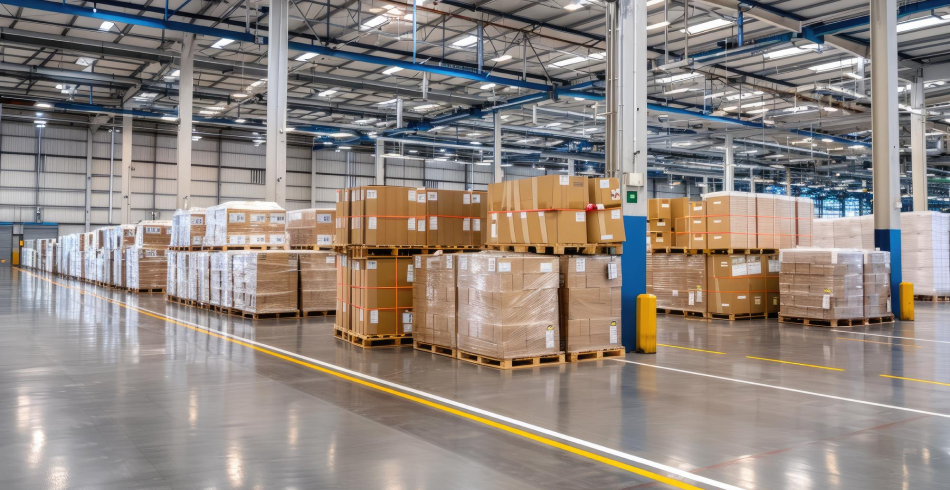Boosting Energy Efficiency: Sustainable Practices in Industrial Parks

In a world where climate conversations dominate headlines and boardroom agendas alike, one truth is becoming clear: energy efficiency is no longer a “nice-to-have.” It’s the backbone of responsible industrial development, especially in a country like India, where growing energy demands and climate concerns intersect daily. At Horizon Industrial Parks, we believe energy efficiency isn’t about ticking boxes on a sustainability checklist. It’s about building smarter spaces that consume less, perform better, and reduce operational strain—making your business more cost-effective and future-ready with every unit of energy saved.
Why Energy Efficiency Matters More for Modern Warehouses in India
India faces unique challenges when it comes to energy. With high temperatures for most of the year and rising industrialisation, the demand for electricity is constant—and expensive. Power outages still affect many regions, and energy prices can fluctuate significantly. Add to that the growing emphasis on corporate and national ESG goals, regulatory scrutiny, and a global shift toward cleaner operations—the need for efficient energy use becomes not only obvious but urgent.
This is where industrial parks have a key role to play. Warehouses and factory spaces offer a structured, scalable canvas to implement impactful energy-saving measures. With large rooftops, predictable energy patterns, and the ability to integrate modern systems from day one, industrial parks can be both efficient and future ready.
So, What Does Energy Efficiency Really Look Like in Modern Warehousing Parks?
A Look at Energy Efficiency Initiatives at Horizon Industrial Parks
1. Rooftop Solar Power: Big-box warehouses, fulfilment centres and custom-built factories have massive roof areas—perfect for solar energy generation. At Horizon, we have already installed over 14 MWp rooftop solar capacity across our parks, and we’re on track to scale this as part of our net-zero plan. This allows us to pass on energy cost savings of 10–15% to our tenants, reduce dependence on fossil fuels, and contribute directly to India’s renewable energy targets.
2. Smart Lighting: Upgrading to LED lighting across our facilities has led to significant energy savings—up to 60% for lighting loads alone. Beyond the numbers, LEDs also require lower maintenance and provide better illumination, making workspaces safer and more productive.
3. Digital Energy Monitoring: We use smart meters and energy management systems that track power consumption in real time. This isn’t just a “tech upgrade”—it’s a meaningful shift. Tenants can optimise usage, detect anomalies, and plan energy consumption better, potentially leading to an additional 10–30% operational efficiency.
4. Passive Design & Intelligent Ventilation: From the layout of skylights to cross-ventilation and the use of natural lighting, warehouses at Horizon Industrial Parks are designed to reduce heat load and cut down on artificial cooling. These architectural decisions contribute to significant reductions in total energy use.
This apart, with advancing tech, it is possible to capitalise on waste heat recovery by reusing thermal energy generated during production processes. Waste heat recovery is an effective method for reducing the consumption of fossil fuels in industrial parks. A practice like this can reclaim up to 55% of the energy typically lost as waste heat, enhancing a park’s overall energy efficiency and cutting down on greenhouse gas emissions.

Fighting Greenwashing with Real Impact
We understand that the term “sustainability” can feel overused. That’s why we focus on doing rather than just saying. Our energy-efficiency approach is rooted in data, practicality, and measurable results. Every solar panel installed, every watt saved through LEDs, and every data point tracked through smart meters contributes to real reductions in environmental impact.
We don’t believe in off-the-shelf solutions. Each facility is different, and so are its energy needs. From design to delivery, we work with our clients to integrate systems that align with their goals—and fit within their business model.
Why Care About Energy Efficiency
Energy-efficient industrial spaces are not only better for the planet—they’re good for business. Lower operating costs, improved ESG scores, better investor confidence, and long-term resilience are just a few of the advantages. Governments are stepping in too. In India, for example, programs like the Perform, Achieve and Trade (PAT) scheme by the Bureau of Energy Efficiency (BEE) reward units which achieve Specific Energy Consumption (SEC) level that are lower than their targets could receive energy savings certificates (ESCerts) for their excess savings.
For global firms looking to set up or expand operations in India, partnering with an energy-conscious developer like Horizon helps meet internal compliance goals and gives them a competitive edge.
At Horizon Industrial Parks, we’re committed to pushing the boundaries of energy innovation. With each new park, we’re expanding our solar footprint, refining our design practices, and upgrading systems that make real, measurable impact. Our ultimate aim? To build environments that not only support industry—but help it lead the charge towards a greener, smarter future.
Because at the end of the day, energy efficiency isn’t just a sustainability strategy. It’s smart business.